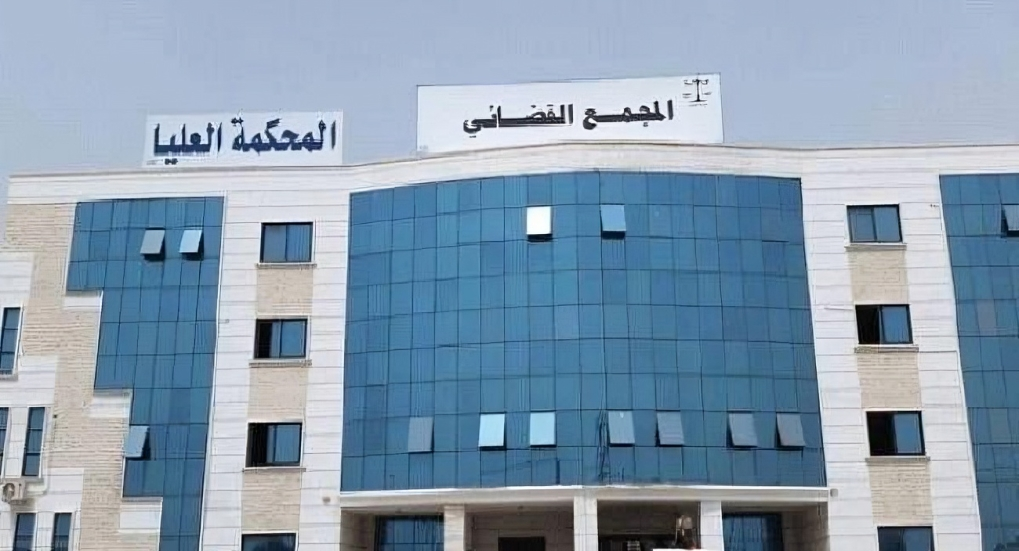


Barran Press
In a decisive move against corruption, the Yemeni Presidential Leadership Council has initiated a series of measures to combat fraud, money laundering, and the financing of terrorism, responding to alarming reports from law enforcement and regulatory authorities. The government aims to safeguard public funds and strengthen the state’s legal framework.
According to the official Yemen News Agency, Saba, the council has directed that all corruption cases currently under review be referred to the judiciary for appropriate legal action. This includes tracking down suspects both domestically and through Interpol for those residing abroad.
Official reports revealed that the public prosecutor has initiated legal proceedings in over 20 corruption cases, encompassing issues such as embezzlement of public funds, money laundering, and tax evasion. The announcement of these actions has sparked widespread public engagement on social media, with politicians, journalists, and activists from various political and ideological backgrounds expressing their views.
Public Reactions
Yemeni lawyer Huda Al-Sarari described the report as revealing a "disturbing level of corruption involving officials within the legitimate government." She emphasized the need for accountability and the recovery of stolen funds, highlighting the importance of activating oversight and judicial bodies to halt the ongoing drain on state resources.
Wadah bin Atiah, deputy head of the media committee for the Southern Transitional Council, stressed that "anti-corruption efforts must encompass all corrupt individuals without exception." He noted that this would enhance public trust in the government and impact military fronts, potentially providing the Houthis an opportunity to expand.
Good Start
Journalist Ahmad Al-Sabahi praised this move as a "correct starting point" in the fight against corruption, emphasizing the need for continued accountability and the restoration of stolen state assets. He described the initiative as "wonderful," urging the council to persist in its efforts to reclaim state institutions from corrupt officials and Houthi insurgents.
In another statement, Al-Sabahi highlighted that transparency and accountability are essential for maintaining public trust and protecting public funds. He affirmed that justice is the only path to progress and to setting a better example in the ongoing national struggle against the Houthi militia.
Corruption Exposed
Writer Yaser Al-Yafei commented on the report detailing corruption cases involving key institutions such as the Aden Refineries, Aden Electricity, the Free Zone, and the State Land and Properties Authority. He noted that these entities are at the forefront of corruption scandals, with billions of riyals and millions of dollars wasted through fraudulent deals, as highlighted in the public prosecutor's report.
Al-Yafei expressed concern that such corruption not only hinders development in Aden but also exacerbates the suffering of its citizens. He questioned whether those responsible would soon face justice and have their ill-gotten gains returned, particularly regarding land theft.
In a follow-up post, he highlighted the alarming fact that over 20 corruption cases have been escalated to the judiciary, including significant charges of public fund embezzlement, money laundering, and tax evasion. He raised concerns about a former governor who refuses to appear in court despite having 27 billion riyals frozen from his accounts, questioning how much more wealth he may have hidden.
A Public Battle
Journalist Ramah Al-Jabri noted a significant shift in the narrative, stating that corruption reports are now being published in official government outlets, marking a public and national battle against corruption that requires collective support.
Media figure Salah Al-Asadi argued that referring over 20 corruption cases to the judiciary enhances transparency and restores public trust in the government. He emphasized that fighting corruption is not merely a legal process; it is a critical struggle to reclaim the state and build a better future for coming generations.
In a summary by Barran Press, the reported corruption cases amount to more than $2.2 billion, including vast tracts of land valued in the millions.
Following the announcement, Yemeni Prime Minister Ahmed bin Mubarak vowed to take legal action against anyone found guilty of corruption. He reaffirmed the government's commitment to establishing a model for state institutions based on the rule of law and justice, emphasizing that combating corruption is a key component of the comprehensive reform program initiated from day one.